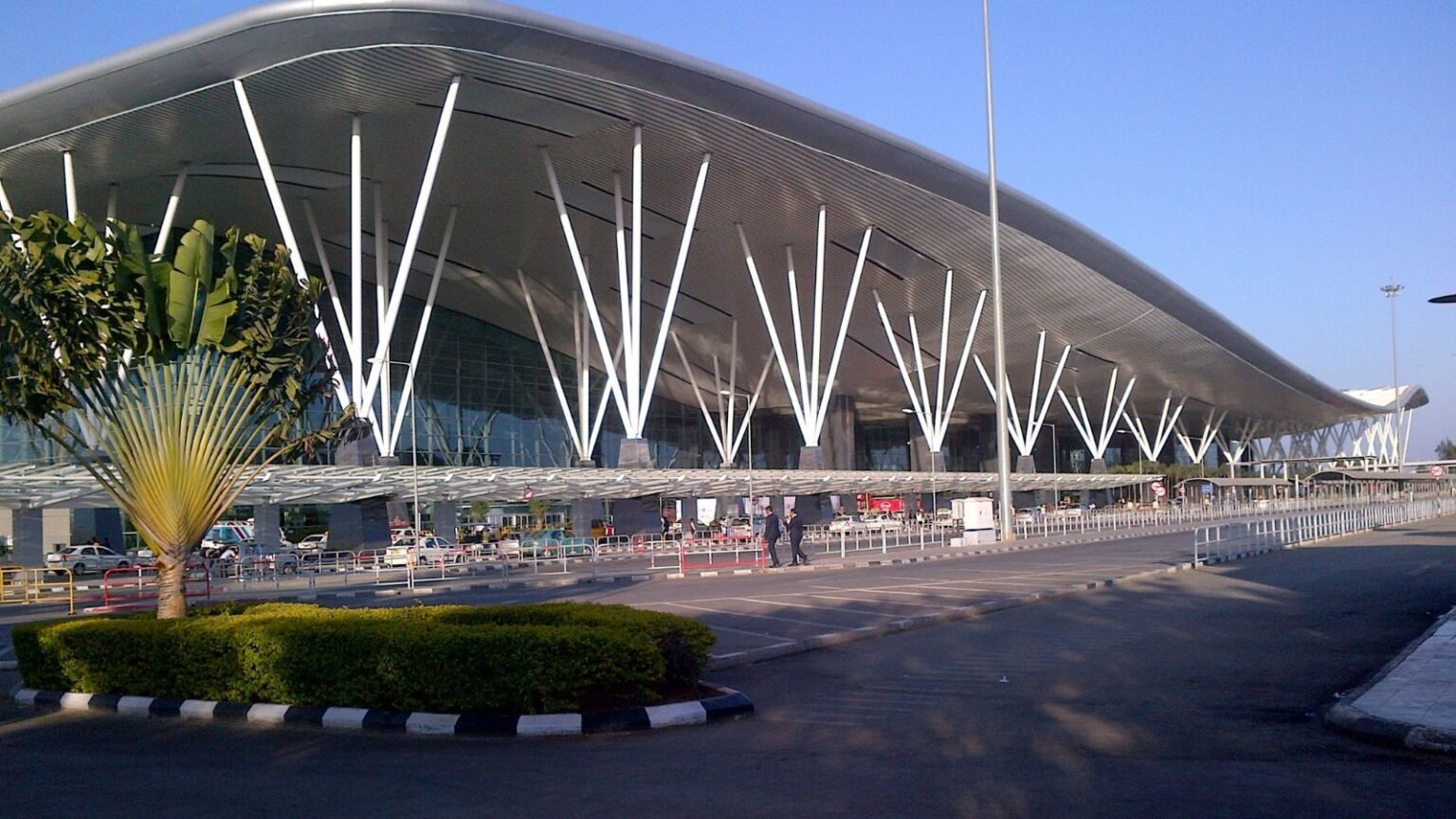
India’s Bengaluru and Delhi airports reach Level 5 in ACI’s Airport Carbon Accreditation, leading Asia in advanced carbon management.
HONG KONG – BRUSSELS – Airports Council International (ACI) Asia-Pacific & Middle East has announced that Kempegowda International Airport Bengaluru and Delhi International Airport in India have achieved Level 5, the topmost level in the Airport Carbon Accreditation programme. The airports are among the first in Asia to reach this advanced level of carbon management maturity, joining an exclusive group of just 161 leading airports worldwide to have achieved this milestone since its introduction in December 2023.
Airports at Level 5 must maintain a net zero carbon balance for Scope 1 and 2 emissions while actively addressing Scope 3 emissions. This requires significant reductions from airport-controlled sources, sourcing energy exclusively from the cleanest options, enhancing third-party engagement strategies, and implementing carbon removals for any residual emissions. Level 5 is the highest level of achievement in airport climate action.
Stefano Baronci, Director General of ACI Asia-Pacific & Middle East said: “The two Indian hubs have joined the group of global airports leading the charge in environmental sustainability. The achievements of both Kempegowda International Airport Bengaluru and Delhi International Airport further establish India’s role in air transport’s decarbonisation. These successes result from a long-term vision, a clear roadmap to net zero, and the dedicated efforts of their teams and industry partners. We are confident that these milestones will inspire other airports in our region to embrace sustainability and implement initiatives for a more environmentally responsible aviation industry. ACI APAC & MID remains committed to supporting our members in developing their roadmaps to achieve ambitious net-zero targets.”
Kempegowda International Airport Bengaluru has achieved a remarkable 95.6% reduction in Scope 1 and 2 emissions — setting a new benchmark as the Indian airport with the highest emissions reduction. This milestone was reached seven years ahead of the initial 2030 target. The airport’s decarbonisation efforts include transitioning to 100% renewable electricity, advancing sustainable mobility, and enhancing green infrastructure. To address residual emissions, it has procured carbon credits from verified carbon removal projects and committed to further compensation through in-house green landscape projects. Delhi International Airport has made equally notable progress, achieving a 90% reduction in Scope 1 and 2 CO2 emissions. The remaining emissions have been compensated through approved offset removals, meeting the stringent standards of the Airport Carbon Accreditation programme. The airport is also committed to achieving net zero Scope 3 emissions by 2050, in alignment with the programme’s framework and global sustainability goals.